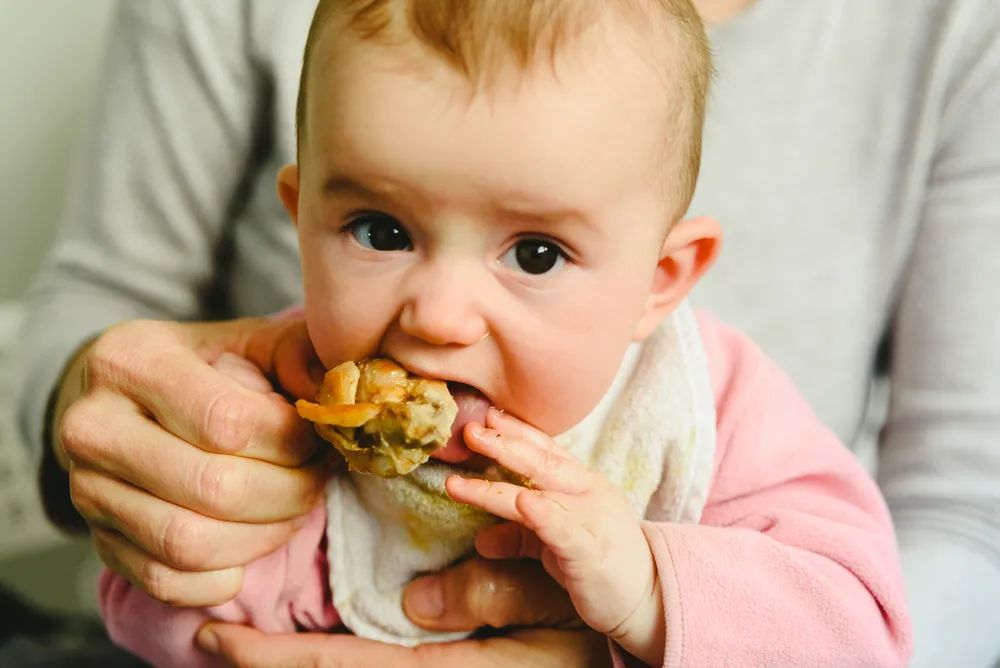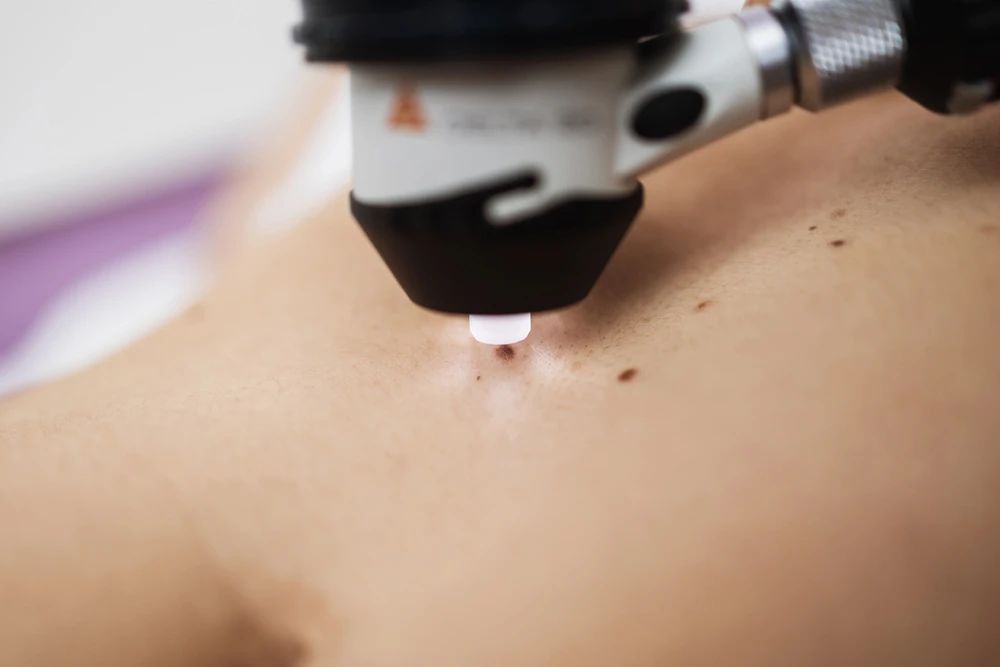What to Know About Well Child Check ②
2023-04-07
PARKWAY 百汇医疗 4 MONTHS OLD BABY Check weight, length and head circumference and plot the measurements on a growth chart. Breast milk or formula is still all your baby needs, also can give iron-fortified cereal or pureed meats when baby is ready for solid foods at about 6 months of age when babies need the added nutrition (Iron and Zinc) that solid foods provide, and it’s also the right time to introduce infant to new tastes and textures, and always use infant spoon – do not put cereal in your baby’s bottle. Some babies may be ready for solids sooner than 6 months, but don’t start until baby is at least 4 months old. If your baby is pushing a lot out with the tongue, they may not be ready for solids yet then wait a week or so before trying again (wait until baby successfully eats cereal from the spoon before trying othersolids. How do we know it’s the right time to start solid foods? Head and neck control is good, and they can sit up in a highchair. They are interested in foods. They do not push food out of their mouths, which is natural tongue reflex that disappears when they’re between 4-6 months old. They weight twice their birth weight, or close to it. How to Start Solids? When the time is right, start with a single- grain, iron-fortified baby cereal – 1 or 2 tablespoons of cereal mixed with breast milk, formula, or water. Don’t add cereal or other food to a baby’s bottle because it can lead to too much weight gain. Let your baby practice eating from a spoon and learn to stop when full. If your baby doesn’t seem to like something, don’t give up as it can take 8-10 tries or more before babies learn to like new foods. 6 MONTHS OLD BABY Time to introduce solids starting with iron-fortified single-grain cereal or pureed meat (be aware of possibility of allergic reaction and some of the signs – like throwing up, rash or diarrhea). Breast milk and formula still provide most of baby’s nutrition. Change in poop after introducing solids – be careful if the poop gets hard, dry, or difficult to pass, or if baby has diarrhea. Developing Take turns making sounds with you, blow “raspberries” and laugh. Know familiar people, like to look at themselves in the mirror. Put things in their mouth to explore, reach for a toy they want. Roll from their tummy to their back, push up with straight arms when on their tummy. Lean on their hands for support when sitting. Article contributed by Dr. Martina Sunic Omejc, Pediatrician of Parkway.
































